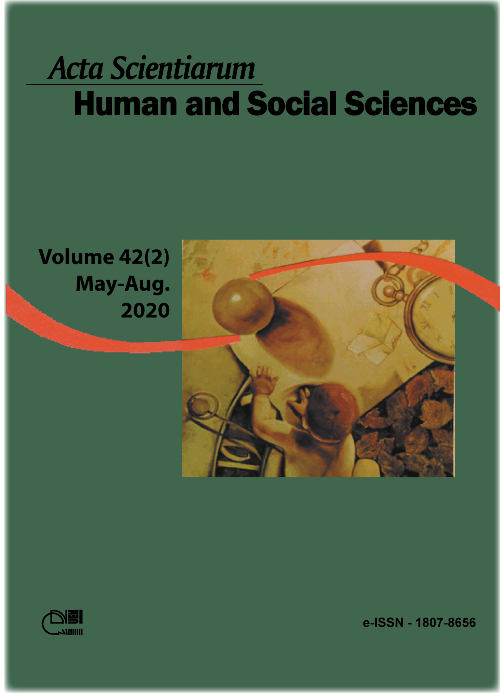Flexibilización, precarización laboral y burocracia en salud: tres determinantes de desprofesionalización médica
Resumo
En la conformación de la sociedad industrial, las profesiones surgieron como un movimiento fundamental de la división del trabajo, de estratificación ocupacional y de clases. Su mantenimiento e importancia a través del tiempo se ha sostenido mediante procesos de profesionalización para la producción de conocimiento especializado que le distinga de otras ocupaciones y al mismo tiempo le brinde autonomía y reconocimiento social para dar legitimidad y permanencia en función de la sociedad. La profesión médica, ha servido como aparato ideológico por parte del Estado para controlar y dominar a la sociedad basados en las necesidades de salud a través de profesionales que ejercen relaciones de poder reducidos a agentes secundarios perpetuando las diferencias de clases. Las profesiones en general han sufrido los estragos de las políticas neoliberales y la profesión médica no es la excepción. La realidad de los servicios de salud circula entre hospitales descuidados, falta de presupuesto, mala atención, falta de material, de recursos humanos y medicamentos, trámites burocráticos, y otros faltantes estructurales que subsumen a la práctica del profesional a indicadores y gestiones administrativas.
Downloads
DECLARAÇÃO DE ORIGINALIDADE E DIREITOS AUTORAIS
Declaro que o presente artigo é original, não tendo sido submetido à publicação em qualquer outro periódico nacional ou internacional, quer seja em parte ou em sua totalidade.
Os direitos autorais pertencem exclusivamente aos autores. Os direitos de licenciamento utilizados pelo periódico é a licença Creative Commons Attribution 4.0 (CC BY 4.0): são permitidos o acompartilhamento (cópia e distribuição do material em qualqer meio ou formato) e adaptação (remix, transformação e criação de material a partir do conteúdo assim licenciado para quaisquer fins, inclusive comerciais.
Recomenda-se a leitura desse link para maiores informações sobre o tema: fornecimento de créditos e referências de forma correta, entre outros detalhes cruciais para uso adequado do material licenciado.


























